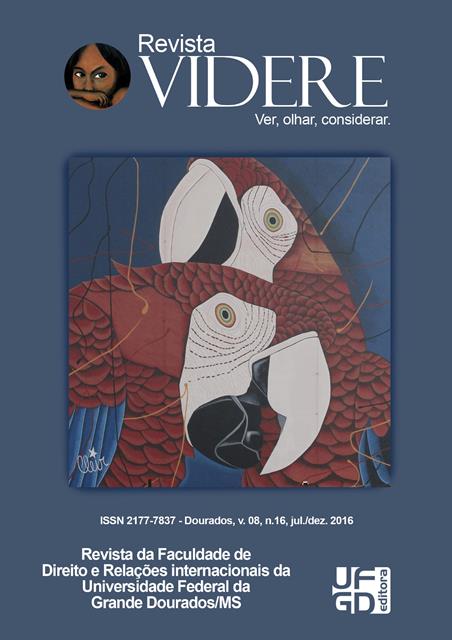The new Code of Civil Process and the constitutional process: general guidelines for protecting constitutional guarantees
Keywords:
New Code of Civil Procedure, Constitutional guarantees, Hermeneutics.Abstract
This article addresses the relationship between the Constitution and process. The aim is to study the theoretical and methodological assumptions of the edition of the Code of Civil Procedure of 1973 and the Civil Procedure Code, 2015. Otherwise, we intend to study the process of theories that infl uenced the issue of the aforementioned procedural codes. Search is also to assert the extent to which the novel predicted Code and deepened the procedural constitutional guarantees provided for in the Constitution of 1988. We selected as clipping the adversarial guarantee access to justice and the motivation of judicial decisions.Downloads
Downloads
Published
How to Cite
Issue
Section
License
Authors must accept the publication rules when submitting the journal, as well as agree to the following terms:
(a) The Editorial Board reserves the right to make changes to the Portuguese language in the originals to maintain the cultured standard of the language, while respecting the style of the authors.
(b) Authors retain the copyright and grant the journal the right to first publication, with the work simultaneously licensed under the Attribution-NonCommercial-ShareAlike 3.0 Brazil (CC BY-NC-SA 3.0 BR) that allows: Share - copy and redistribute the material in any medium or format and Adapt - remix, transform, and create from the material. CC BY-NC-SA 3.0 BR considers the following terms:
- Attribution - You must give the appropriate credit, provide a link to the license and indicate whether changes have been made. You must do so under any reasonable circumstances, but in no way that would suggest that the licensor supports you or your use.
- NonCommercial - You may not use the material for commercial purposes.
- Sharing - If you remix, transform, or create from material, you must distribute your contributions under the same license as the original.
- No additional restrictions - You may not apply legal terms or technological measures that legally restrict others from doing anything that the license permits.
(c) After publication, authors are allowed and encouraged to publish and distribute their work online - in institutional repositories, personal page, social network or other scientific dissemination sites, as long as the publication is not for commercial purposes.



















